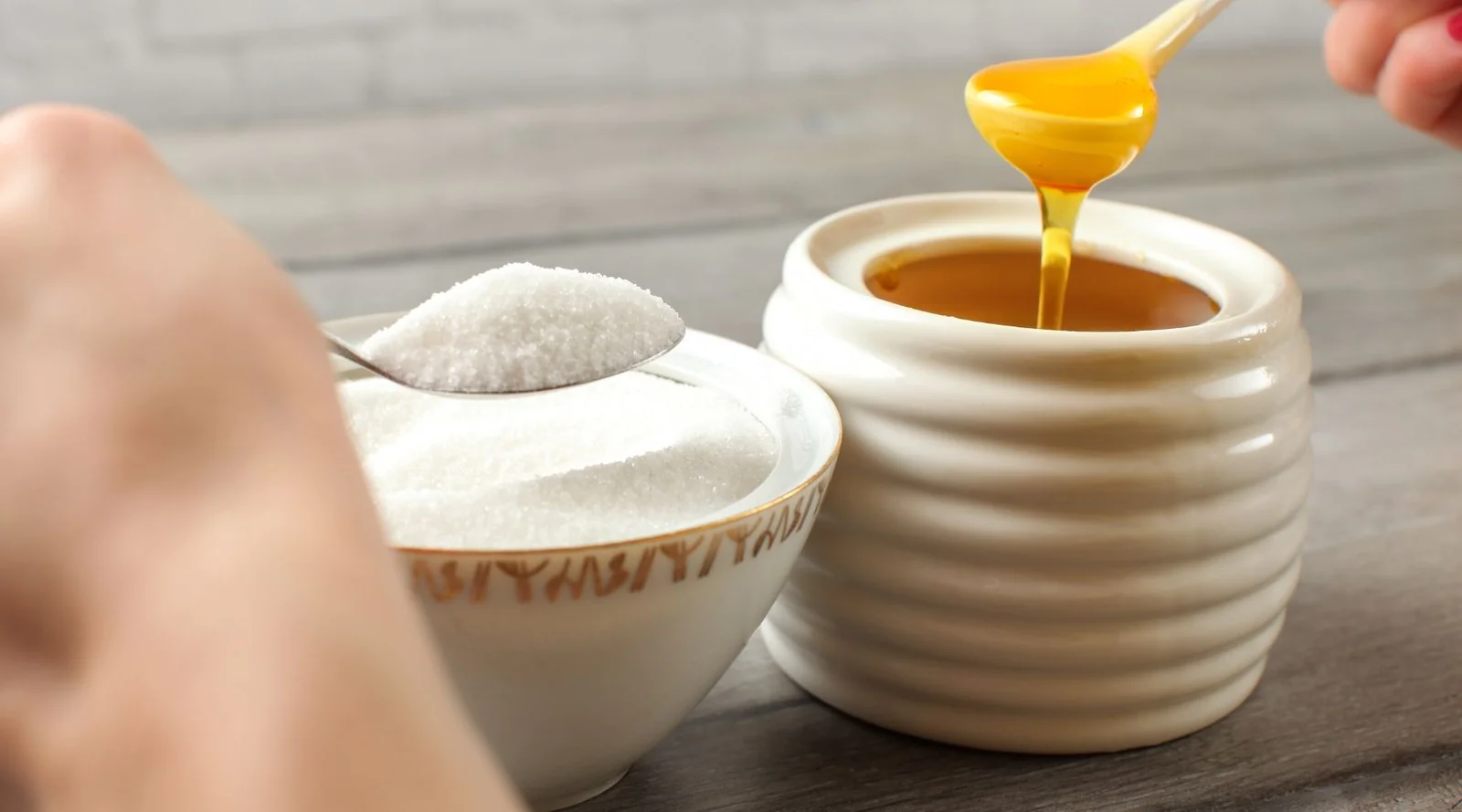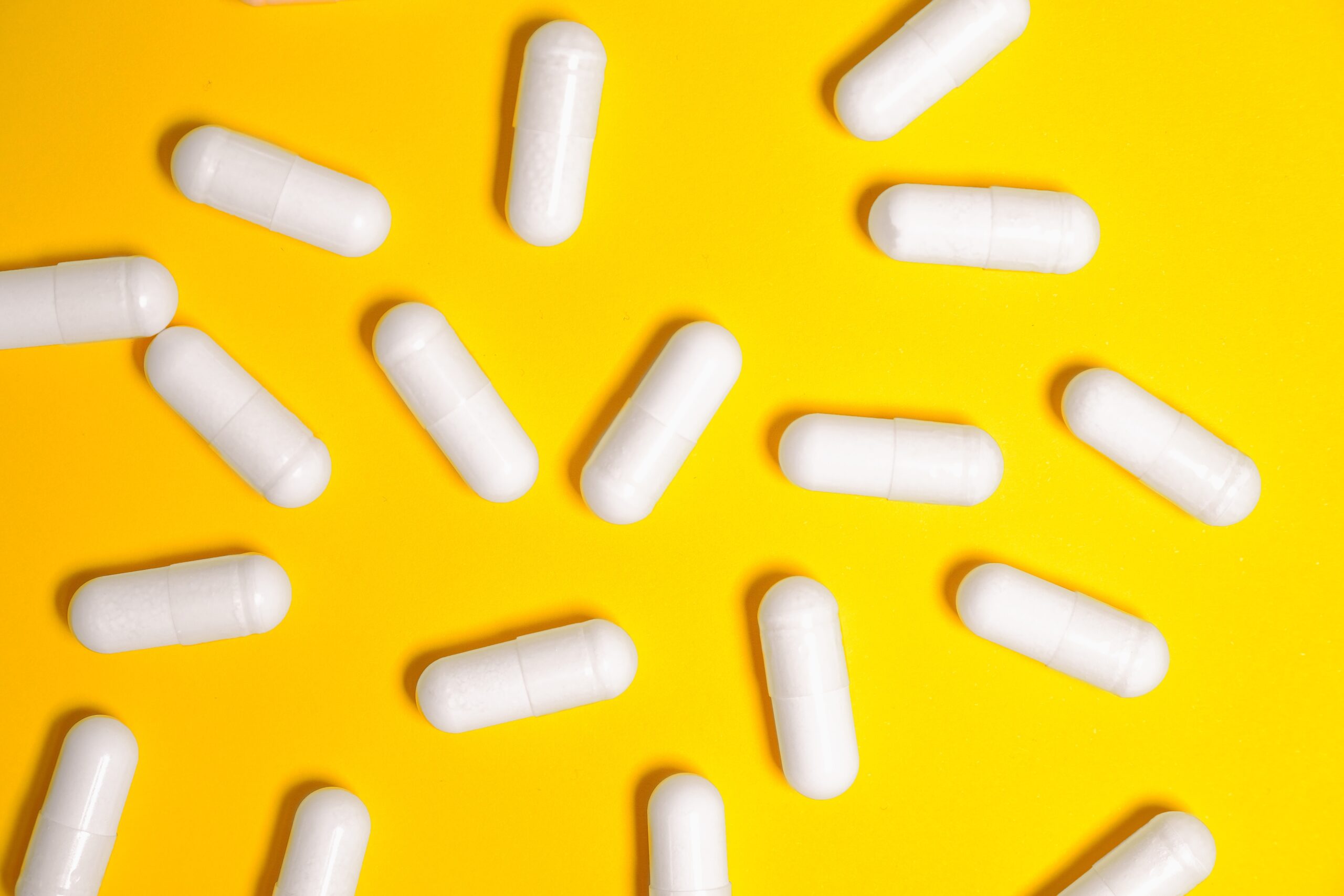
Honey vs. Sugar Which Is Better
Introduction:
When it comes to sweetening our food and beverages, honey and sugar are two of the most commonly used options. Both offer a sweet taste, but they differ in terms of flavor, nutritional composition, and production process. In this comprehensive guide, we will explore the differences between honey and sugar, examining their benefits, drawbacks, and impact on health, helping you make an informed choice about which sweetener is better suited for your needs.
Honey:
Honey is a natural sweetener produced by bees from the nectar of flowers. It has been used for centuries and is cherished for its unique flavor and potential health benefits. Here are some key aspects of honey:
a. Flavor and Varieties: Honey offers a distinct flavor profile that can range from mild and floral to robust and bold, depending on the flowers from which bees collect nectar. Varieties include clover honey, wildflower honey, and manuka honey, each with its own taste characteristics.
b. Nutritional Composition: Honey contains small amounts of vitamins, minerals, and antioxidants. It is primarily composed of carbohydrates in the form of glucose and fructose. Honey also contains trace amounts of enzymes, amino acids, and pollen, which can vary depending on the floral source.
c. Glycemic Index: Honey has a higher glycemic index than sugar, meaning it can cause a quicker rise in blood sugar levels. However, the presence of fructose in honey can slow down the absorption of glucose, resulting in a more moderate impact on blood sugar levels compared to refined sugar.
d. Potential Health Benefits: Honey has been associated with various potential health benefits. It possesses antibacterial properties, can soothe sore throats, and may have wound-healing properties when applied topically. Certain types of honey, such as manuka honey, are known for their potent antibacterial activity.
Sugar:
Sugar is a common sweetener derived from sugar cane or sugar beets. It undergoes a refining process to extract sucrose, which is the primary component of sugar. Here are some important points to consider about sugar:
a. Flavor and Types: Sugar is often recognized for its neutral sweetness, lacking the distinct flavor profile found in honey. It is available in various forms, including granulated sugar, powdered sugar, and brown sugar, each with its unique characteristics.
b. Nutritional Composition: Sugar is a simple carbohydrate consisting of sucrose, which provides empty calories without any significant nutritional value. It does not contain essential vitamins, minerals, or antioxidants.
c. Glycemic Index: Sugar has a high glycemic index, which means it can rapidly raise blood sugar levels. This quick spike in glucose can lead to a subsequent crash, resulting in fluctuating energy levels and increased hunger.
d. Health Concerns: Excessive sugar consumption has been linked to various health issues, including obesity, diabetes, and tooth decay. Refined sugar provides empty calories and lacks the beneficial nutrients found in other foods.
Comparing Benefits:
a. Flavor: Honey offers a more distinct and varied flavor compared to sugar, which can enhance the taste of foods and beverages.
b. Nutritional Content: Honey contains small amounts of vitamins, minerals, and antioxidants, whereas sugar provides empty calories without any nutritional value.
c. Antioxidant Properties: Honey contains antioxidants, such as flavonoids, which have been associated with potential health benefits. Sugar lacks these beneficial compounds.
d. Impact on Blood Sugar: Honey has a higher glycemic index than sugar but may have a more moderate impact on blood sugar due to the presence of fructose.
e. Potential Health Benefits: Honey has potential antibacterial, anti-inflammatory, and wound-healing properties, while sugar lacks these potential health benefits.
Downsides
a. Calorie Content: Both honey and sugar are high in calories. Excessive consumption of either can contribute to weight gain and related health issues if not consumed in moderation.
b. Allergies: Some individuals may have allergies or sensitivities to honey. Allergic reactions to honey can range from mild to severe, so it’s important to be aware of any potential allergies before incorporating it into your diet.
c. Contamination Risk: Honey can be contaminated with certain bacteria, such as Clostridium botulinum spores, which can be harmful to infants under one year of age. It’s crucial to avoid giving honey to infants to prevent the risk of botulism.
d. Processing Differences: While honey is generally consumed in its raw or minimally processed form, sugar undergoes a refining process that involves the removal of impurities. Some individuals may prefer the less refined nature of honey over the more processed sugar.
e. Availability and Cost: Sugar is widely available and more affordable compared to certain varieties of honey. Access to specific types of honey may be limited, and they can be relatively expensive due to factors such as production methods and rarity
Considerations for Health:
a. Blood Sugar Management: Individuals with diabetes or those who need to monitor their blood sugar levels closely should exercise caution when using honey or sugar. Both can impact blood sugar levels, and it’s important to consult with a healthcare professional for personalized guidance.
b. Dental Health: Both honey and sugar can contribute to tooth decay and dental issues if consumed in excess. Practicing good oral hygiene, including regular brushing and flossing, is essential for maintaining dental health.
c. Moderation: Whether you choose honey or sugar, moderation is key. Both sweeteners should be consumed as part of a balanced diet, considering overall calorie intake and nutritional needs.
d. Alternative Sweeteners: If you are looking for lower-calorie or alternative sweeteners, options such as stevia, erythritol, or monk fruit extract can be considered. These alternatives may have different taste profiles and may not provide the same characteristics as honey or sugar.
Conclusion:
When choosing between honey and sugar, there are several factors to consider. Honey offers a unique flavor, potential health benefits, and trace amounts of vitamins, minerals, and antioxidants. However, it has a higher glycemic index and can pose a risk to infants. Sugar, on the other hand, lacks nutritional value and contains empty calories, but it is more readily available and less expensive. Ultimately, the choice between honey and sugar depends on personal preferences, dietary needs, and health considerations. It’s essential to consume either sweetener in moderation and prioritize a well-rounded diet for overall health and well-being.
I am deeply convinced that each patient needs a unique, individual approach. Therefore, I use different psychotherapy methods in my work. During my studies, I discovered an in-depth interest in people as a whole and the belief in the inseparability of mind and body, and the importance of emotional health in physical health. In my spare time, I enjoy reading (a big fan of thrillers) and going on hikes.
[email protected]
- The Comprehensive Guide to the Benefits of Vitamin A - October 16, 2023
- Benefits of Magnesium A Comprehensive Guide - October 16, 2023
- Benefits of Bacopa Monnieri Nootropics - October 13, 2023


